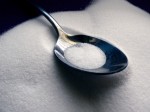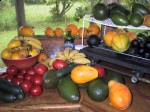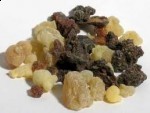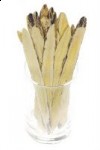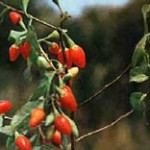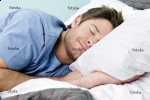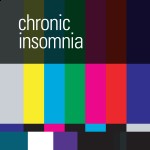
Insomnia, whether for a prolonged time or a short duration is a dreaded cycle that can drive us to the brink of insanity. There nothing worse than being so tired all day long that we just can’t think straight. When you finally hit the pillow you sleep only a few hours and can’t get back to sleep. People cope with insomnia in different ways, some start their day at 4 AM because “there is just no sense in staying in bed” others rely on prescription drugs. Regardless of how you decide to cope with the lack of sleep here’s a quick look at insomnia from the Chinese medicine perceptive. This little insight or different perspective, may help you change whatever is going on in your life that’s affecting your sleep patterns
Chinese Medicine, practiced continuously now for over 2000 years, categorizes insomnia into 4 main groups.
1. Insomnia due to over-thinking or disharmony between work and rest. When it’s time to sleep your mind should not be thinking of all the days plans, all that worries you or what needs to be done tomorrow. Your mind should simply not be talking to you. Your mind should be active during daytime hours and quiet at night. There are many techniques in Chinese medicine to help you quiet your mind such as Tai Qi, meditation, exercise and other stress reducers. A proper discussion of these techniques will be addressed in another article. Herbal medicines can help stop these over thinking habits and help quiet your mind without being addictive.
2. Insomnia due to sickness or advancing age. When we are extremely weak and/or recovering from an illness it is not uncommon to have sleeping difficulties. During this time both qi and blood are deficient which nourish our heart, kidney and spleen channels of Chinese medicine. Rebuild and replenish yourself with a proper diet and supplements and this pattern will subside.
3. Insomnia due to panic, anger and excessive worry will gradually lead to chronic insomnia. This pattern is especially worrisome because of it’s chronic, (ongoing) nature. Emotions that are buried and not addressed during the daytime hours may in a sense, haunt us at night. These emotions cause a deficiency of heart qi and transform and flare up disturbing the mind at night. Dealing with emotional problems during waking hours will prevent this type of insomnia.
4. Insomnia due to spicy, fatty, raw and even cold food late at night. This type of insomnia is the easiest to change. Simply stop eating 3-4 hours before going to bed. Over eating from a Chinese Medicine perspective leads to phlegm and heat and both interfere with restful sleep. The body cannot optimize digestion late at night. Your body needs time to process the foods eaten during the day and clean itself out.
These four patterns cover the gamut of sleeping problems in Chinese medicine. Some people suffer from just one pattern, (typically # 1) others suffer from a combination of them. Once you identify your pattern you can take steps in your life to make the necessary changes to give your body and your mind the rest it needs.


